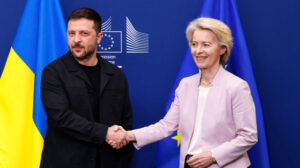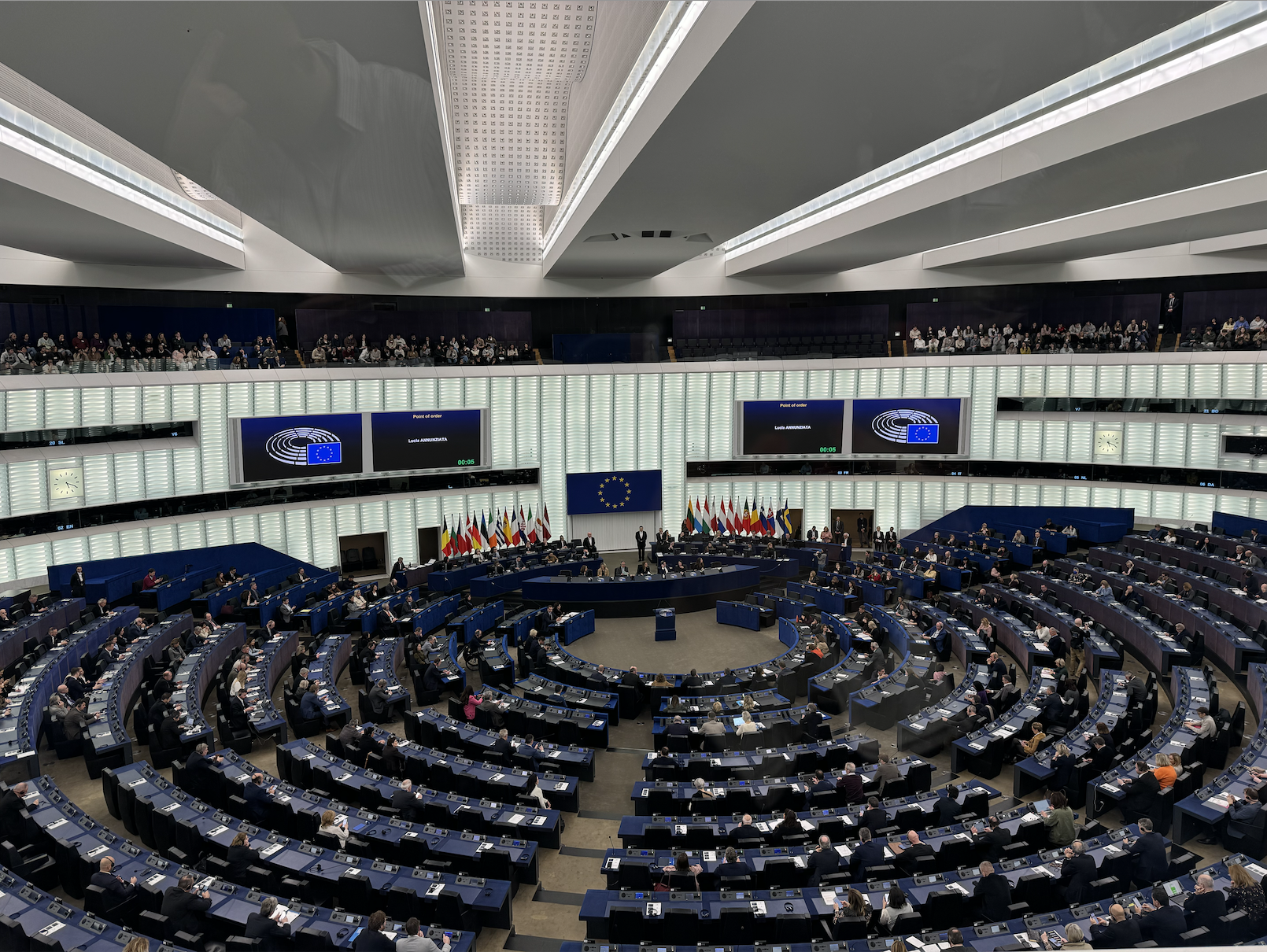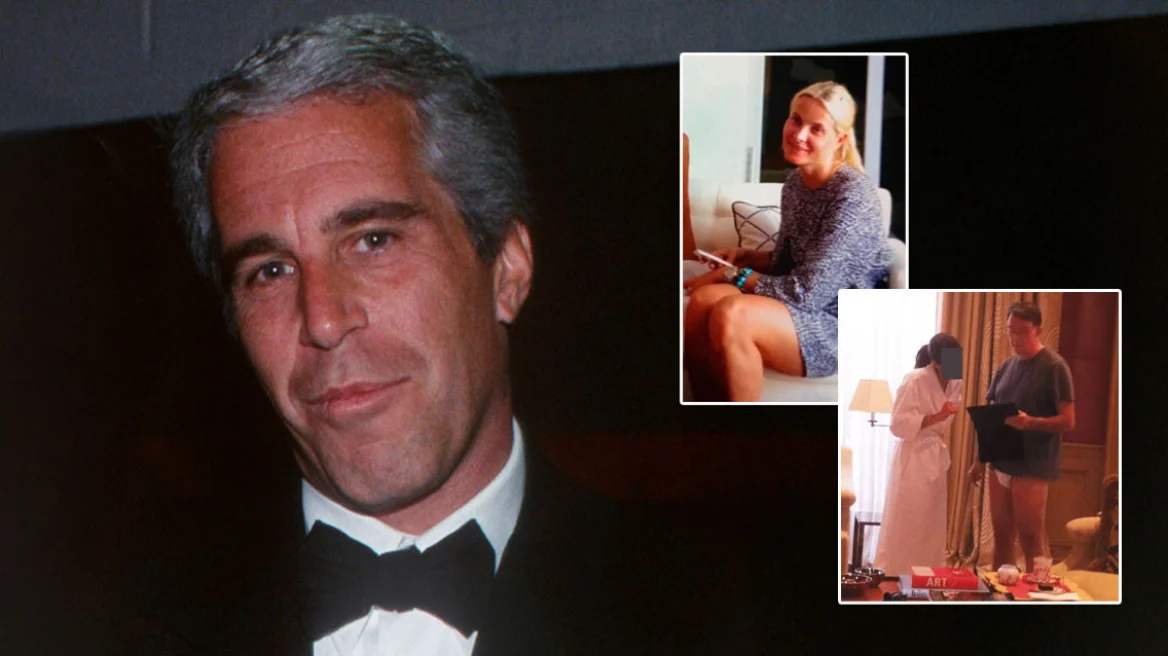A very interesting letter from Lt. Col. (Ret.) Paul Yingling to Thomas E. Ricks of Foreign Policy:
Tom,
As you may recall, we first met when you were embedded with the 3d ACR in Tal Afar, Iraq in 2005. Sectarian violence had plunged the town into a Hobbesian state of nature; for civilians and combatants alike, life was solitary, poor, nasty, brutish, and short.
You were working on a book to describe this reality to the American public, and wondered aloud about a fitting epigram. I suggested Pericles’ admonition to the Athenians in Thucydides’ History of the Peloponnesian War: “Your empire is now like a tyranny: It may have been wrong to take it; it is certainly dangerous to let it go.”
Thus began our decade-long conversation about the moral ambiguity of power, narrated largely by Thucydides. Sophisticated readers of History of the Peloponnesian War recognize the complexity of the text. The early stages of the war offer a primer on Realpolitik, but the narrative later becomes a morality play on the temptations of power. Initially, Athens fought its rival Sparta to preserve its empire and consolidate its hegemony over the Hellenic world. The Athenian leader Pericles counseled a policy of prudence: To preserve Athens’ navy, avoid expanding the empire during the course of the war and do nothing to risk the city itself. The policy was largely successful, producing the Peace of Nicias on terms largely favorable to Athens.
The Realpolitik of Pericles began to deteriorate after his death, setting the stage for the morality play that ended with the destruction of Athens. Cunning men of low character jockeyed for power, more interested in personal glory and wealth than the security of Athens. In Mytilene, Cleon nearly convinced his countrymen to commit genocide. In Melos, the Athenian ambassadors sang a hideous, cartoonish paean to brute force: “The strong do what they can, and the weak accept what they must.” Finally and most tragically, Alcibiades convinced his countrymen to wage a war of aggression in Sicily, promising quick conquest and plentiful treasure. This last blunder was fatal to the Athenians: the whole Hellenic world turned against them, ultimately setting the stage for Persia to aid Sparta in defeating Athens.
The destruction was as much moral as political. Thucydides describes an Athens in which “[w]ords had to change their ordinary meaning and to take that which was now given them. Reckless audacity came to be considered the courage of a loyal ally; prudent hesitation, specious cowardice.”
Mark Twain is said to have cautioned us that history may not repeat itself but it often rhymes. Franklin Delano Roosevelt was the American Pericles; his guiding principle was neither ambition nor morality, but prudence. He affirmed liberal principles in the Atlantic Charter in hopes of moving the American public to the British war effort. He back slapped “Uncle Joe” Stalin, making a deal with one monster to defeat another. Above all else, he preserved the security of the American people and the institutions that kept his country unified, free, and perhaps most importantly, amenable to improvement. FDR’s immediate successors built on this legacy, creating the institutions that cloaked American political and economic advantage in the language of mutual benefit: the United Nations, NATO, and a liberal international system of free trade. Realism is the prudential calculation of probabilities, cloaking the mailed fist of power in the velvet glove of morality. FDR, Harry Truman and Dwight D. Eisenhower were quintessentially realists.
The degeneration of American prudence began in the latter stages of the Cold War, and accelerated precipitously after the 9/11 attacks. Cunning men of low character jockeyed for power, consumed by ambition and hubris. John F. Kennedy, Lyndon B. Johnson, and Richard Nixon fought a reckless and unwinnable war, while their advisors were derelict in their duty to speak truth to power. George W. Bush launched a war of aggression in Iraq, promising quick conquest and plentiful treasure in a unipolar world transformed by American power. Most recently, Donald Trump’s principal advisors annunciated his “America First” foreign policy with a hideous, cartoonish paean to brute force:
“The president embarked on his first foreign trip with a clear-eyed outlook that the world is not a “global community” but an arena where nations, nongovernmental actors and businesses engage and compete for advantage. We bring to this forum unmatched military, political, economic, cultural and moral strength. Rather than deny this elemental nature of international affairs, we embrace it.”
As in Athens, the destruction is as much moral as political. Words have ceased to convey their ordinary meanings; alternative facts, fake news and pseudo-science are sufficient substitutes for the genuine articles.
Unsophisticated observers mistakenly believe that Realism is the glorification of brute force, and that Trump’s foreign policy is a manifestation of realist principles. Careful readers of Thucydides know that the’ glorification of brute force makes more enemies than friends. America’s enemies will recognize that they need not fear an administration prone to empty bluster abroad and scandal at home. Of greater concern, America’s friends may calculate they cannot trust an administration that discards the work of decades so casually.
In Tal Afar, I witnessed a sophisticated application of the principles of Realpolitik. Then-Colonel H.R. McMaster made a prudential series of calculations regarding the application of diplomacy and force necessary to break the back of the insurgency that gripped the region. In public, he couched American objectives in the language of justice and morality. He affirmed the legitimacy of the Iraqi government, acknowledged the previous errors in the American war effort and pledged to support those committed to creating a peaceful and prosperous Iraq. In private, he revealed the mailed fist of American power, presenting tribal sheikhs with an unambiguous ultimatum: “The time for honorable resistance is over. Don’t make me kill your young men to convince you that I’m serious.”
In Washington, President Trump is rapidly dismantling the system of mutual obligations that produced the longest period of great power peace in the nation-state era. He publicly glorifies brute force, unaware or uninterested in the dangers of destroying the liberal international system that FDR and his successors created. Thucydides’ lessons were meant to last forever, but cannot be easily distilled into 140 characters. Nevertheless, the least informed president in American history might benefit from adopting the Durden Doctrine: The first rule of Realism is you don’t talk about Realism.
Regards,
Paul
Lt. Col. (Ret.) Paul Yingling was on the staff of the 3rd Armored Cavalry Regiment when it was commanded in Iraq by then-Col. H.R. McMaster, who is now the national security adviser. Yingling subsequently became the deputy commander of the regiment. He wishes to thank Jacqueline Hazelton of the U.S. Naval War College for her insights on international politics, ancient, and modern.
Ask me anything
Explore related questions





